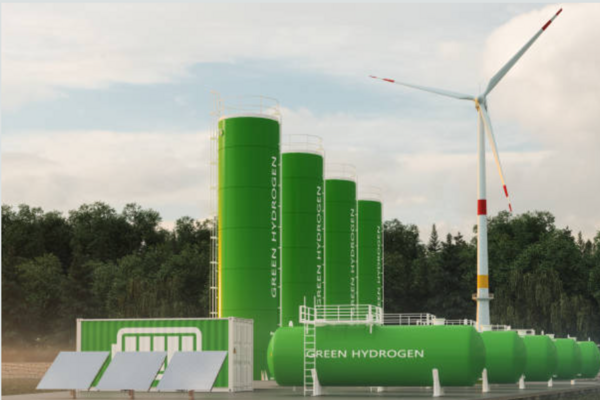Algeria has started work on a renewable energy and green hydrogen plan. The aim is to lower use of fossil fuels at home and keep more gas for export. The project is supported by funding from the European Union and Germany’s Federal Ministry for Economic Cooperation and Development (BMZ). The total funding is around €28 million, or about $32 million.
The plan includes building new tools for energy planning and support for green hydrogen development. It also focuses on creating a national database that will track where and how green hydrogen can be used. This database will help future energy planning and support the country’s shift to clean power.
The project also includes training programs. These are designed to give institutions and technical staff the skills they need to manage renewable energy projects and lower emissions. Monitoring tools will help track how much energy is saved and how emissions are reduced.
According to Algeria’s official strategy, the country wants renewable energy to reach 27% of the total power mix by 2026. This would mean generating around 15 gigawatts (GW) from solar and wind sources. The country also plans to increase this share by another 10–15 GW in the years after 2026.
Beyond the main national plan, small-scale solar projects are already operating in remote areas. For example, in Tamanrasset, a 13-megawatt solar plant has been built to supply electricity to nearby villages without needing diesel transport. In Illizi Province, five smaller solar farms with a combined output of about 9 MW power rural health clinics and schools.
Some pilot projects are also testing the use of solar-powered water pumps for farming in southern Algeria. These small systems, usually under 500 kilowatts each, reduce the need for diesel-fueled irrigation. They are currently operating in test areas near Adrar and Ouargla.



